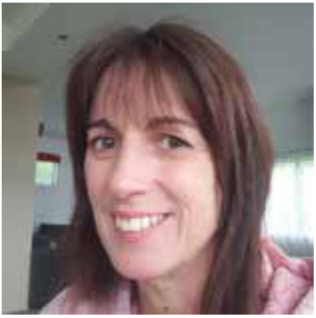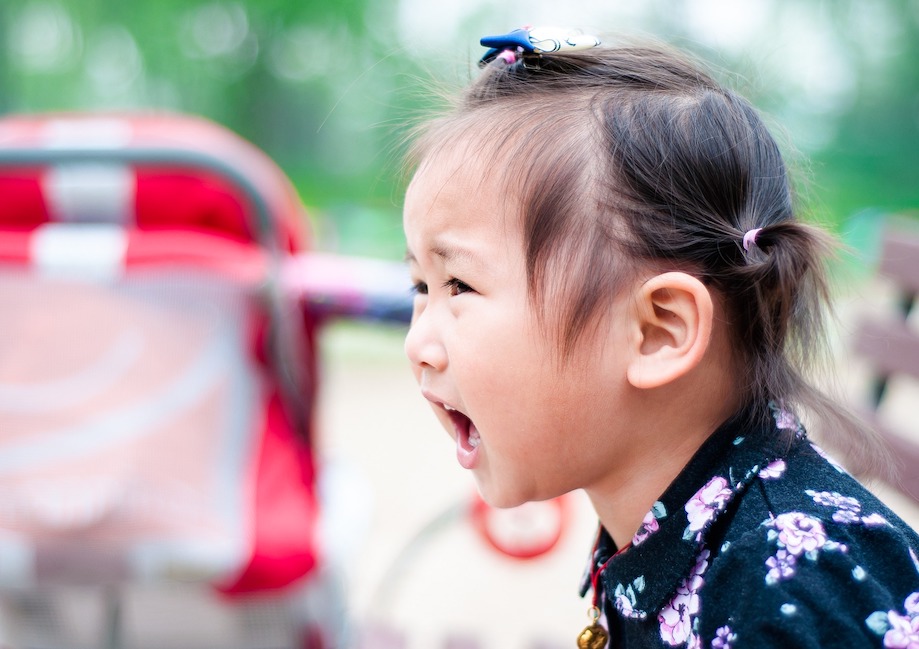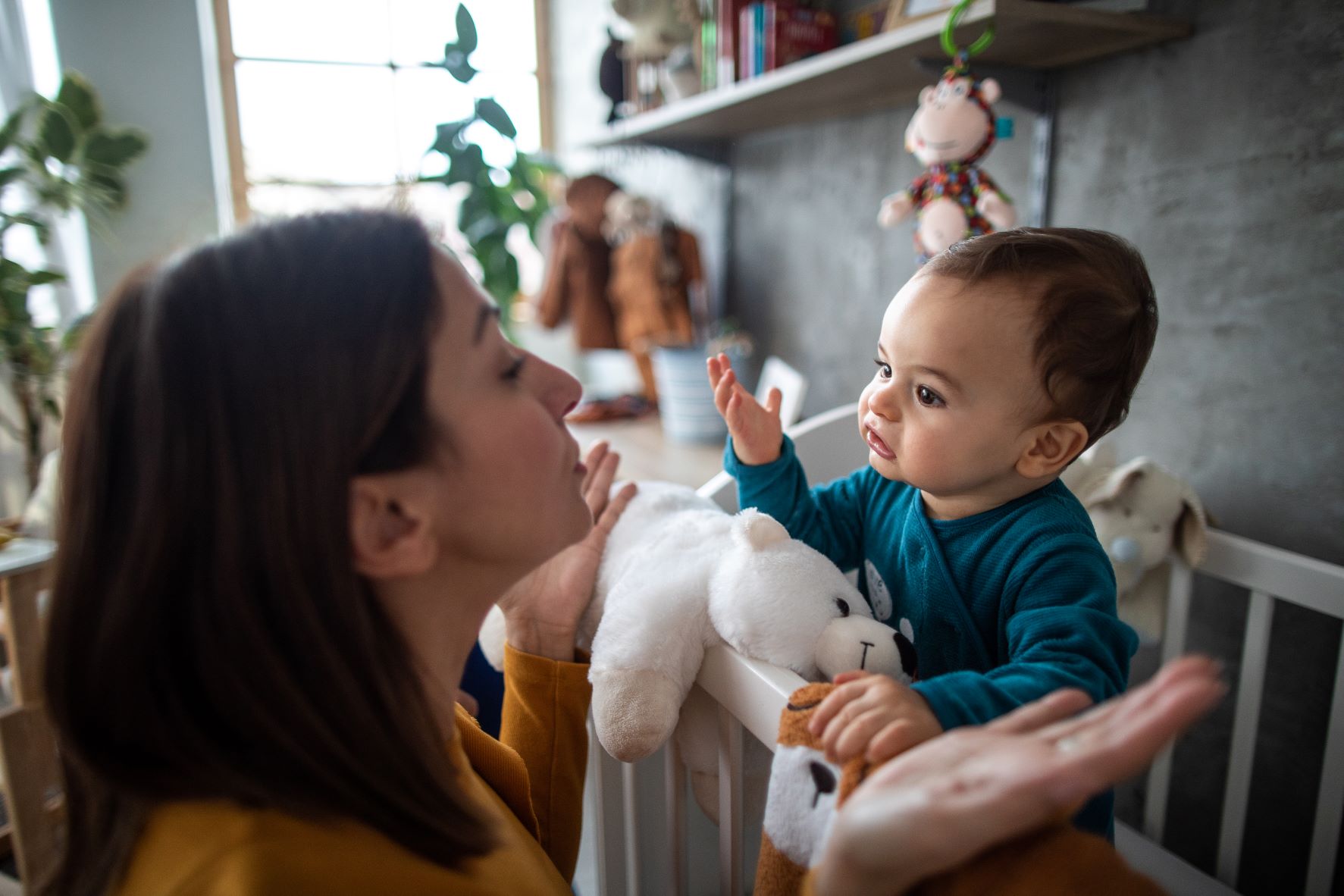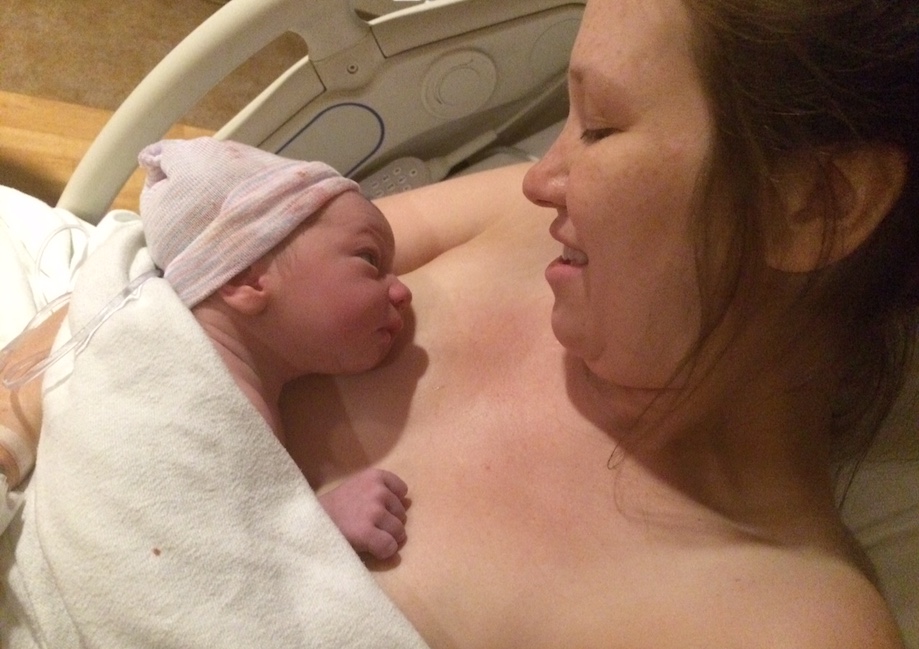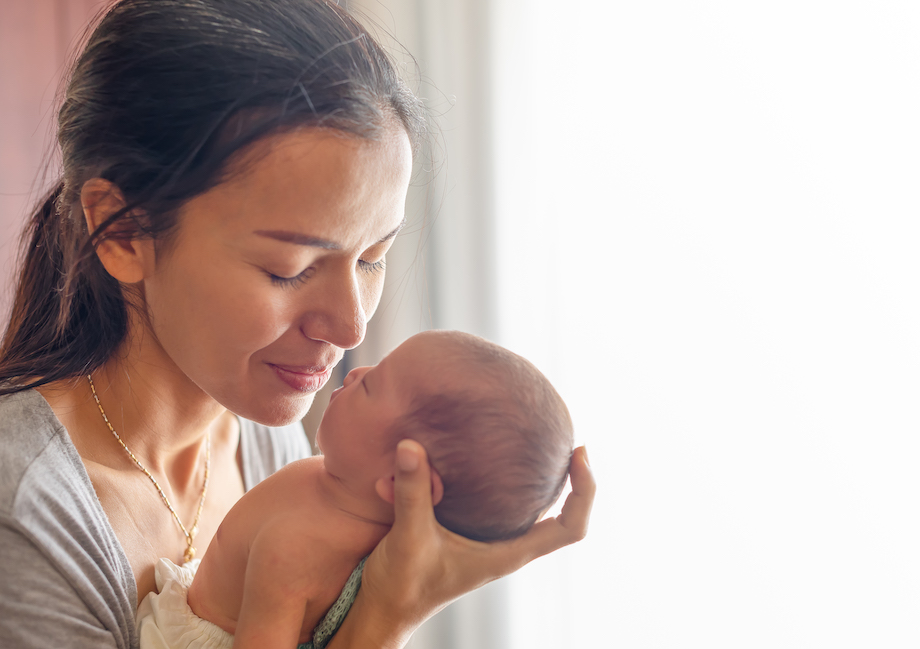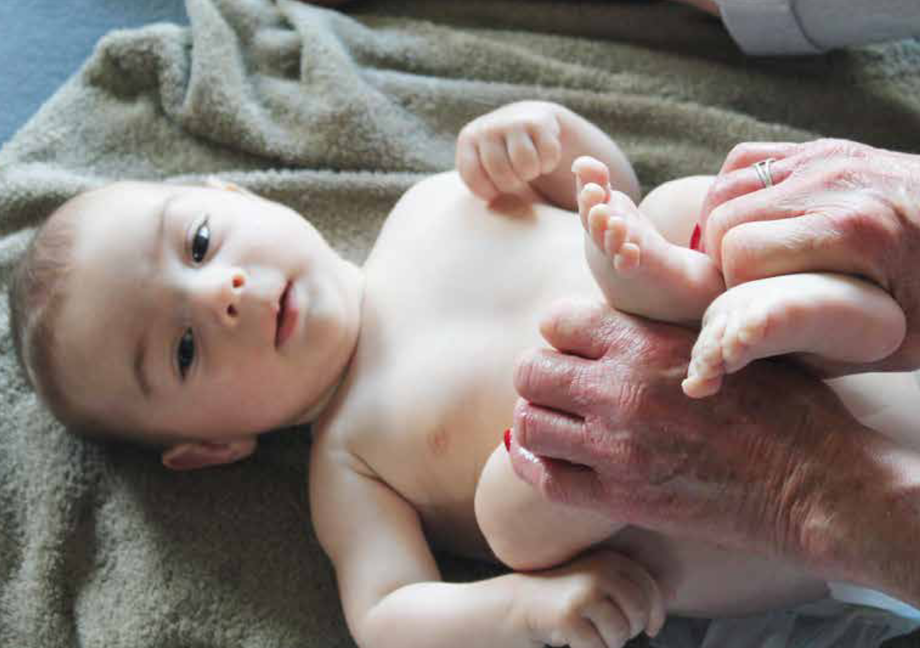
Infant massage is an age-old tradition in many areas of the world, especially the African and Asian continents, indigenous South Pacific cultures and the former Soviet Union. It is a traditional practice passed down from generation to generation.
Newborns have a well-developed sense of touch and your baby’s skin is their largest organ. More of baby’s body is devoted to the sense of touch than to any other sense. Touch with your baby begins with skin-to-skin as soon as possible after birth. This involves placing your baby on your chest to facilitate close contact between you and your baby and we naturally stroke and cuddle them.
My first experience of infant massage was 17 years ago when my first child was a newborn and I attended an introduction to infant massage class as part of a Baby and You course at the Christchurch Parents Centre. From that class, I then took my son along to an infant massage course over a five-week period. I did the same with my twins two years later.
I guess that’s when the seed was planted.
In 2018 I chose to train with the International Association of Infant Massage (IAIM). IAIM is the largest and most experienced infant massage organisation in the world, with a presence in more than 70 countries. IAIM’s work, dating back to the 1970s, is supported by current scientific and medical evidence.
Why go to a baby massage class?
While there are many books and videos available on infant massage, learning along with other parents from a Certified Infant Massage Instructor (CIMI) is a more hands-on, interactive and personal experience.
The strokes are taught one by one so you will feel comfortable and confident that you are doing them correctly. CIMIs also help you understand your baby’s responses and can help answer any questions you may have about touch, bonding, attachment and other topics. During an infant massage class, you will also benefit from the interaction, knowledge and experience of other parents.
I offer a five-week course of approximately 90 minutes each class to teach parents a whole-body massage with their baby. It can take time for babies to learn to accept new touch and massage techniques, so out of respect for the baby the massage is introduced in bite-sized chunks that the baby can tolerate, and the parent can remember. By the end of the five-week period parents feel well supported to massage their baby at home.
Parents comments
“The pace is just right! Lovely warm, friendly environment for the babies and mums.”
“Loved spending time bonding with baby, nice to catch up with other mums as well. Great to learn a new skill.”
“(We liked) the progressive nature of the days building up to full body massage.”
“Learning all about different strokes and connecting more with my baby boy. He relaxes more and loves touch and eye contact.”
What are the benefits?
Both research and anecdotal evidence from families have shown that there are many ways that babies and families may benefit from infant massage.Interaction during infant massage may include:
- Promotion of bonding and secure attachment
- Verbal/non-verbal communication
- Development of trust and confidence
- Use of all the senses
- Feelings of love, respect, and being valued
Each massage may stimulate:
- Circulatory and digestive systems
- Hormonal and immune systems
- Coordination and balance
- Learning and concentration
- Muscular development and growth
- Mind and body awareness
Parents may find that infant massage helps relieve:
- Gas and colic
- Constipation and elimination
- Growing pains and muscular tension
- Teething discomfort
- Cramps
Massage promotes relaxation which may be shown through:
- Improved sleep patterns
- Increased flexibility and muscle tone
- Regulation of behavioural states
- Being calm and being able to calm themself
- Reduction in stress hormones
Research studies also show many benefits from Infant Massage
Neonatal Units
In Neonatal Intensive Care Units there is evidence that infant massage has beneficial effects on preterm infants in the NICU, including shorter length of stay; reduced pain; and improved weight gain, feeding tolerance, and neurodevelopment. For infants who experience painful procedures, are exposed to the stressful NICU environment, and are separated from their parents, infant massage has been promoted as a method to reduce stress and promote bonding.
Great for partners
Infants were given massages by their fathers for 15 minutes prior to their daily bedtime for one month. By the end of the study, the fathers who massaged their infants were more expressive and showed more enjoyment and more warmth during floor-play interactions with their infants.
Settling to sleep
Infants and toddlers with sleep onset problems were given daily massages by their parents for 15 minutes prior to bedtime for one month. Based on parent diaries, the massaged versus the control children (who were read bedtime stories) showed fewer sleep delay behaviours and had a shorter latency to sleep onset by the end of the study. Forty-five-minute behaviour observations by an independent observer also revealed more time awake, alert and active and more positive affect in the massaged children by the end of the study.
When can I begin massaging my baby?
You can begin massage during the first few weeks after birth and then gradually develop a nurturing routine that will last a lifetime.
Follow your baby’s cues. Look for signs that your baby is in the “quiet alert state” to massage him/her. Your baby will look calm, gaze at you, be happy to lay still, have open body posture, or reach out towards you. As you learn your baby’s cues, you will know when it is the right time.
Infant massage can be very helpful for babies who have experienced challenges in their lives. It is a wonderful way to strengthen the communication between parents and their children. It’s also never too late to start.
When and how often should I massage my baby?
It is wonderful to have massage be part of your daily family routine. Depending on your baby, they may be receptive in the morning, after a bath or before bedtime. Or they may be only open to accepting massage on her legs at one session, may like tummy massage during a nappy change, and like the whole body at bath time.
Many of the benefits are increased with regular daily massages. And some babies happily receive more than one massage a day.
My family has used massage with our children as they have grown, and even now as teenagers the benefits are still being reaped. I can often give my daughter a face massage or back massage on those nights she is struggling to get to sleep. My three children are all competitive gymnasts and enjoy a relaxing massage to all the tight and sore muscles they seem to always have with gymnastics. Not to mention how this also provides a relaxed and safe environment and atmosphere to bring those rare moments of lovely teenage-parent conversations. And, they also know how to reciprocate – who doesn’t love a massage!
So, from that seed being planted 17 years ago, realising the phenomenal benefits of massage for my children and our family, and for all the families I have the gift of working with, I decided to train as an Infant Massage Instructor. I now provide Baby Bond Massage courses from my home in Christchurch. Each class has a maximum of seven parents and their baby, so it’s a lovely intimate group and everyone loves the home baking my daughter does for us every week.
I just love seeing the bonds strengthen and grow between the babies and their parents, and take great pleasure in the fact that I can give these wonderful families the lifelong gift of massage.
Find out more
- Pados, B.F., & McGlothen-Bell, K. (2019). Benefits of Infant Massage for Infants and Parents in the NICU.
- Cullen, C., Field, T., Escalona, A. & Hartshorn, K. (2000). Father-infant interactions are enhanced by massage therapy. Early Child Development and Care, 164, 41-47.
- Field, T., & Hernandez-Reif, M., (2001). Sleep problems in infants decrease following massage therapy. Early Child Development and Care, 168, 95-104.
